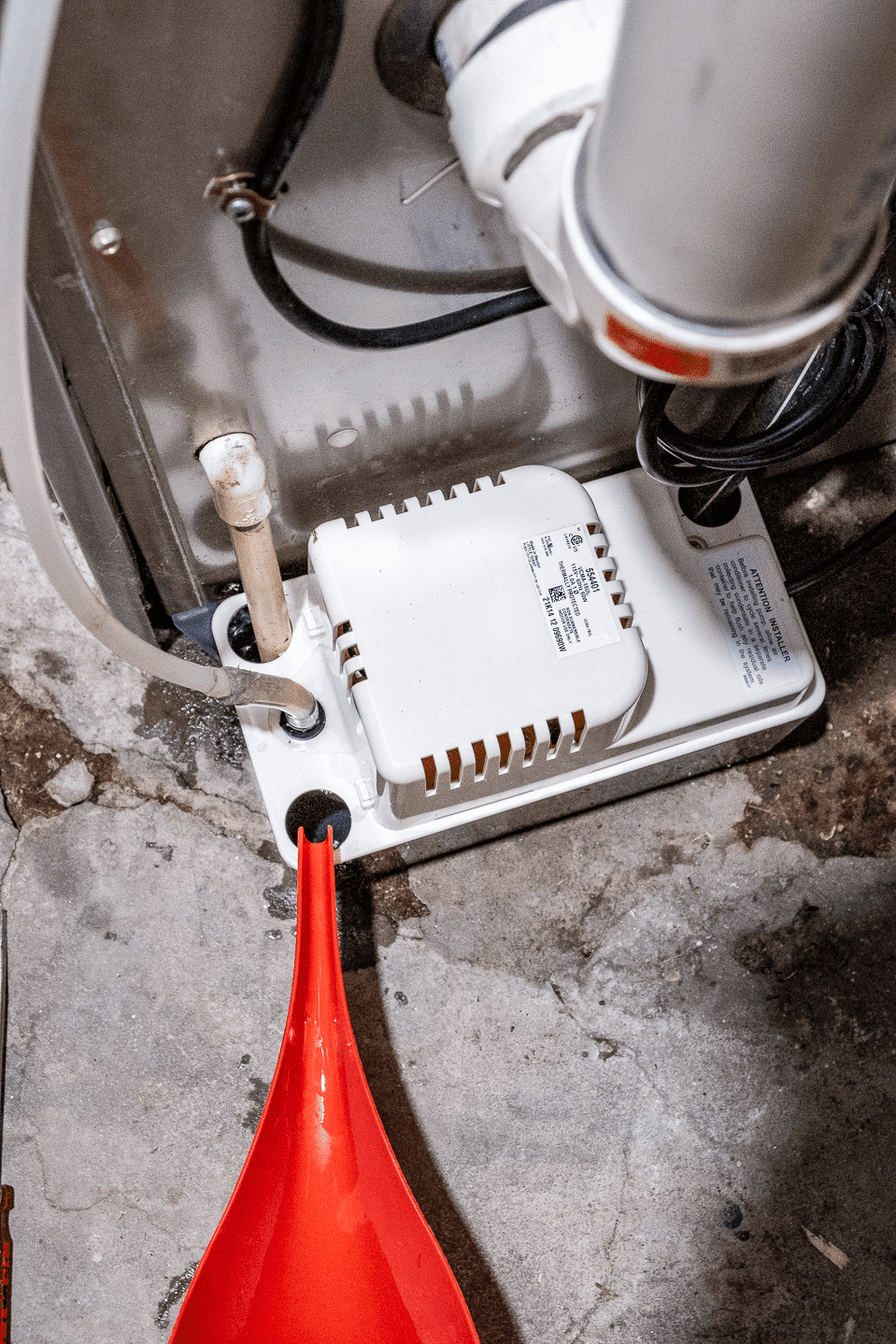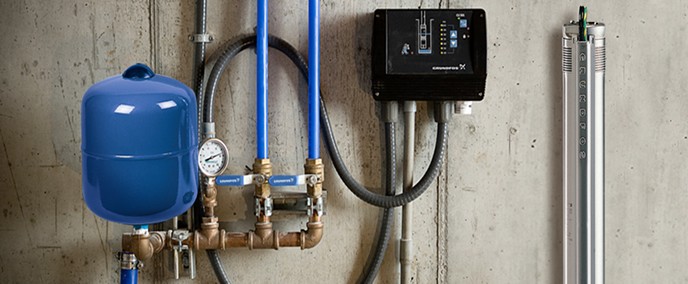Aggressive Water Treatment Procedures: Investing in Long-Term Water Top Quality
Aggressive Water Treatment Procedures: Investing in Long-Term Water Top Quality
Blog Article
Comprehending the Secret Elements of Effective Water Filtering Solutions

Value of Water Filtering Systems
Water filtering systems play an important duty in ensuring access to tidy and risk-free drinking water by efficiently removing contaminants and contaminations. These systems are crucial in resolving the expanding issues over water high quality and the potential health and wellness threats linked with eating polluted water. By making use of different filtration devices such as reverse osmosis, activated carbon, and UV sanitation, water filtration systems can successfully get rid of dangerous compounds like bacteria, viruses, heavy steels, and chemicals from the water supply.
Additionally, water purification systems aid to enhance the taste and smell of water by removing chlorine, debris, and other contaminants that can influence its top quality. Water Treatment. This enhancement in water top quality not just makes it more tasty but additionally urges individuals to consume an appropriate amount of water daily, promoting much better hydration and general health
Sorts Of Filtration Components

Physical filters are made to physically strain out impurities from the water. These filters can be constructed from materials like ceramic, carbon, or even sand, and they work by capturing bits larger than the filter's pores as water travels through.
Chemical filters make use of numerous chemical processes to eliminate pollutants from the water. Instances include turned on carbon filters, which adsorb contaminations, and reverse osmosis membrane layers, which utilize pressure to different contaminants from the water.
Organic filters utilize living microorganisms like algae or bacteria to damage down raw material and pollutants in the water. These filters are often used in wastewater therapy plants or natural water filtration systems.
Understanding the different sorts of purification components is vital for selecting the most ideal water filtration system for certain filtration demands.
Function of Sediment Filters
Sediment filters play a crucial function in water purification systems by effectively capturing solid particles suspended in the water. These filters are commonly the first line of defense in a filtering system, eliminating bigger fragments such as sand, silt, dirt, and rust before the water moves via finer purification phases. By capturing these debris, the filters stop them from reaching downstream elements, thus extending the lifespan and efficiency of the entire system.
The function of debris filters is crucial in keeping water top quality and securing sensitive tools from damages brought on by debris. In addition, by getting rid of visible particles, debris filters improve the clearness and preference of the water. Frequently cleansing or changing sediment filters is important to ensure optimum performance. Overlooking this maintenance can bring about obstructing, lowered water circulation, and compromised purification performance. In general, debris filters are important elements that contribute substantially to the effectiveness of water filtering systems.
Duty of Turned On Carbon Filters
Playing an important role in water purification systems, turned on carbon filters are crucial in eliminating pollutants and contaminants from the water system. These filters are made to adsorb and catch a wide variety of this post toxins, including chlorine, volatile natural substances (VOCs), pesticides, and herbicides. The turned on carbon product has a big surface, permitting the efficient trapping of impurities through a procedure called adsorption. As water passes via the filter, the triggered carbon holds and brings in onto the pollutants, ensuring that the water that appears on the various other side is cleaner and much safer for consumption.
Turned on carbon filters are very efficient at improving the preference and odor of water by reducing chemicals that can impact its top quality. Due to their adaptability and dependability, turned on carbon filters are an essential part in ensuring that water is purified to the highest possible requirements before getting to consumers.
Understanding Reverse Osmosis Systems
Reverse osmosis systems are advanced water filtering systems that employ an innovative process to remove pollutants and impurities from alcohol consumption water. These systems function by using stress to the water, requiring it with a semi-permeable membrane. This membrane works as an obstacle, enabling just pure water molecules to travel through, while blocking bigger molecules such as minerals, chemicals, and various other pollutants. As an outcome, the water that appears on the various other side is dramatically cleaner and much safer for usage.
Additionally, reverse next page osmosis systems are reasonably low-maintenance and can be mounted under the sink or in a main filtering system, offering hassle-free access to tidy water throughout the family. In general, comprehending just how reverse osmosis systems function can aid people make notified decisions about their water filtering demands.
Conclusion
To conclude, reliable water purification systems are essential for making certain clean and safe drinking water. The vital parts of these systems consist of sediment filters, triggered carbon filters, and reverse osmosis systems. By comprehending the feature and role of each part, people can make educated choices when choosing a water purification system. It is very important to prioritize the high quality of water in order to promote overall health and health.
Water filtering systems play an important duty in making sure access to risk-free and tidy drinking water by efficiently eliminating contaminants and contaminations. By using various purification mechanisms such as reverse osmosis, turned on carbon, and UV sanitation, water filtration systems can efficiently eliminate hazardous substances like microorganisms, infections, hefty metals, and chemicals from the water supply.
Debris filters play a critical role in water purification systems by successfully capturing strong fragments suspended in the water (Water Treatment).Playing a vital function in water purification systems, turned on carbon filters are crucial in removing contaminations and impurities from the water supply.Reverse osmosis systems are advanced water purification systems that employ an innovative procedure to get rid of impurities and pollutants from alcohol try these out consumption water
Report this page